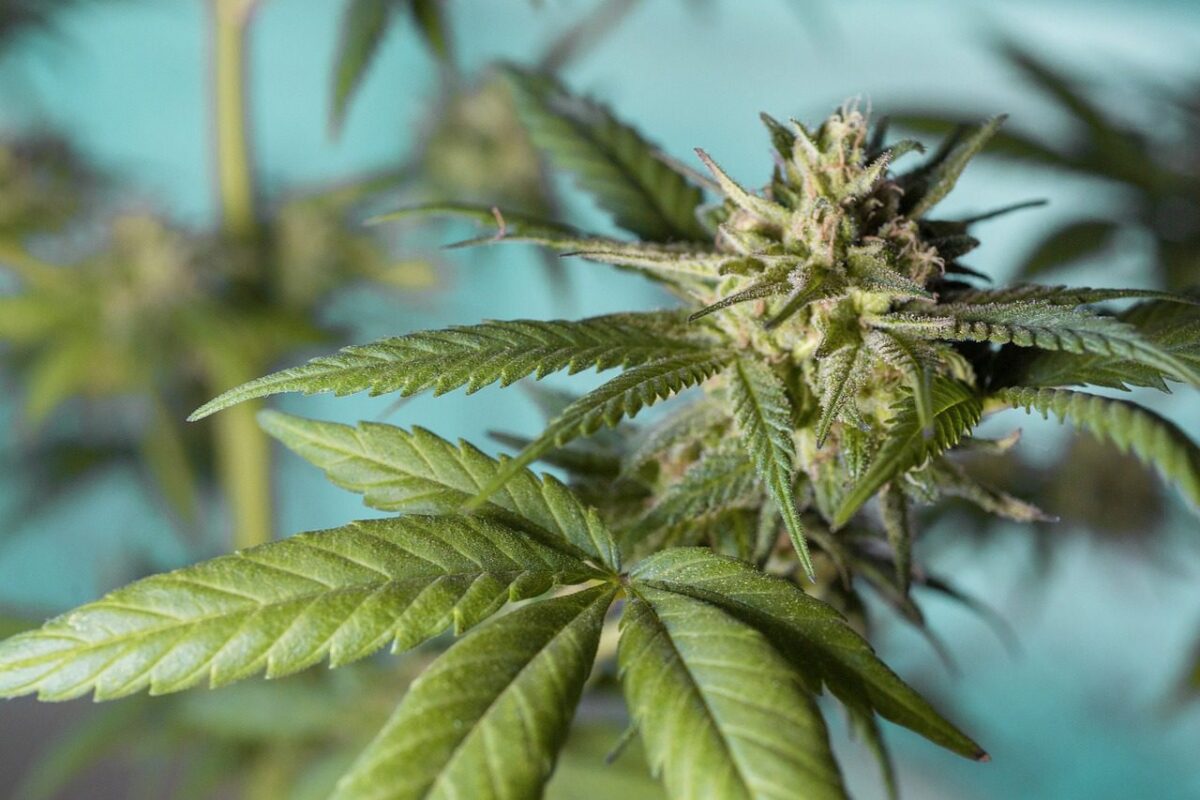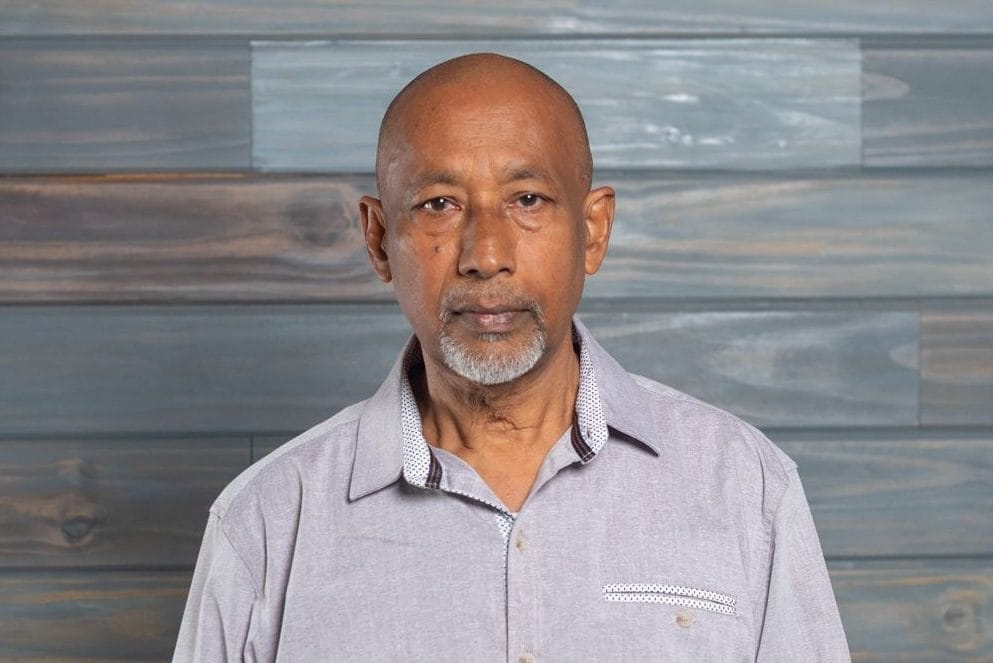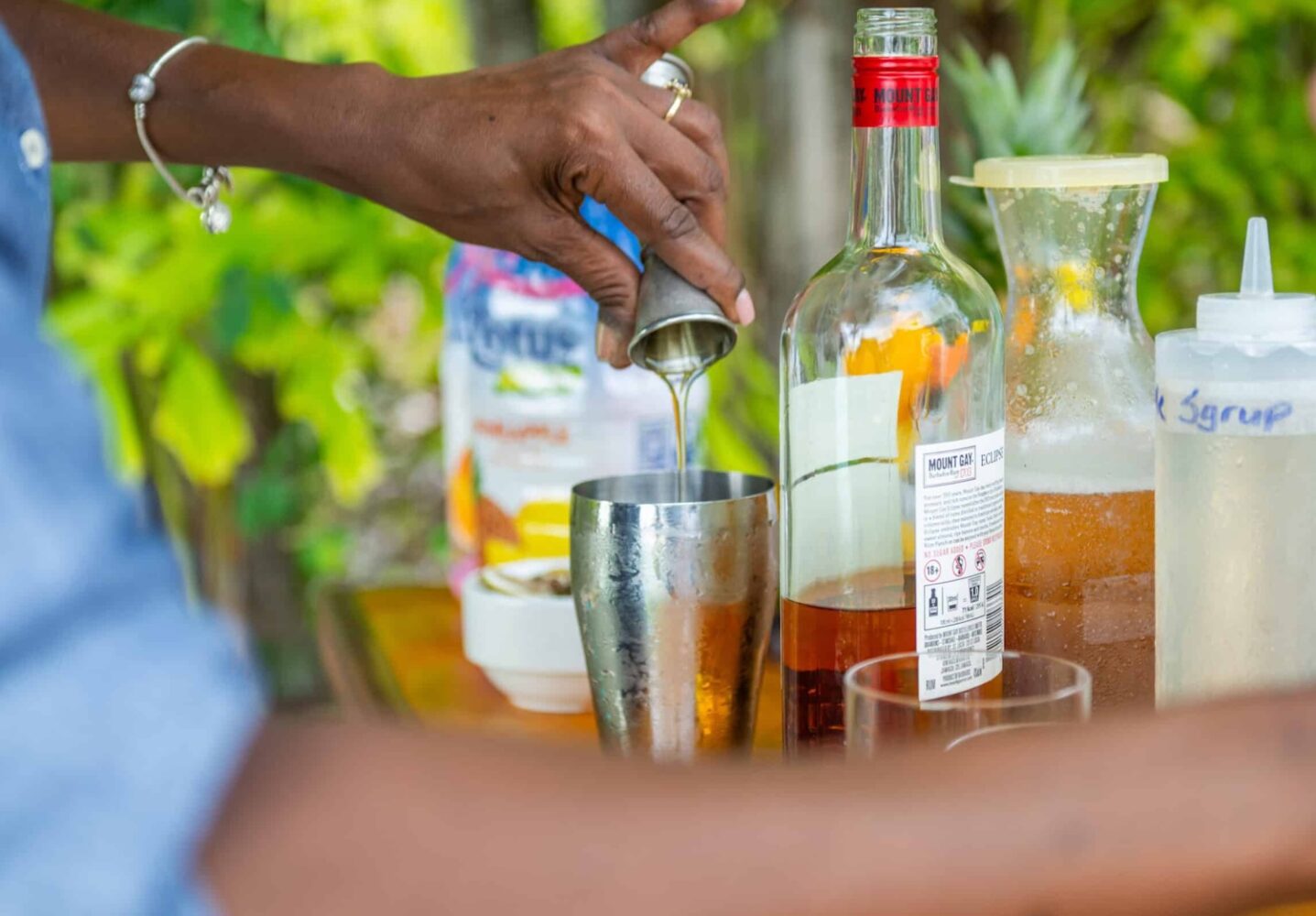The personal use and possession of a small amount of cannabis has been decriminalised for adults in Anguilla.
The law maintaining that it is an illegal drug will remain in place, but specified criminal sanctions will no longer be enforced by the Royal Anguilla Police Force.
Meanwhile, authorities will continue to monitor and enforce legal regulations on the sale and trafficking of cannabis.
Within the new policy, residents can cultivate up to four cannabis plants and carry up to 10 grammes. The use of cannabis is limited to residential or private areas.
The pilot project, which came into effect on Sunday, 1 December, will be in place for a year while the government gathers data on its effectiveness.
There are currently no statistics on the use of cannabis on the island, but the government has said there is a perception that young lives are being damaged by its criminalisation.
Through the policy, it aims is to understand usage, develop intervention programmes, and prevent referrals through the criminal justice system.
Not for children
While the policy allows adults aged 18 and over to use cannabis, children will remain bound by the Child Justice Act.
Any child found using or in possession of the drug will be referred to the Child Justice Board and possibly receive intervention from the drugs counsellor.
The government has also said that the current legal and legislative regime does not allow it to wipe the records of anyone who has been prosecuted for possession of cannabis.
But it plans to pass a Rehabilitation of Offenders Act in next year’s legislative cycle which would consider the expungement of non-violent criminal records.
After the pilot, in the second phase of the project, consideration will be given to the decriminalisation of the import of cannabis, and the sale of cannabis oils, by-products and medicinal products.
In the meantime, anyone wishing to import cannabis for medical use can contact the chief medical officer who will review each case individually.
Hot topic
During a government press conference on 2 December, Dee-Ann Kentish-Rogers, Minister of Education and Social Development, said it has been a “highly debated, hotly commented issue” for many years.

She spoke of public consultations and debates in the Anguilla House of Assembly, and gave her thanks to everyone who participated.
The minister said there have been changes in the policy document and “roadblocks” along the way, however, they were eventually overcome.
The policy was crafted through recommendations from the governor-appointed Drugs Advisory Council, she explained.
The minister also underlined that Anguilla cannot pursue legalisation of cannabis.
“That is because there is an international convention on narcotics, a treaty to which the UK is a signatory, and that treaty was extended to Anguilla,” Kentish-Rogers said.
The minister said the policy is primarily a directive, but there is an internal policy document for the police force that guides non-enforcement of the law.





